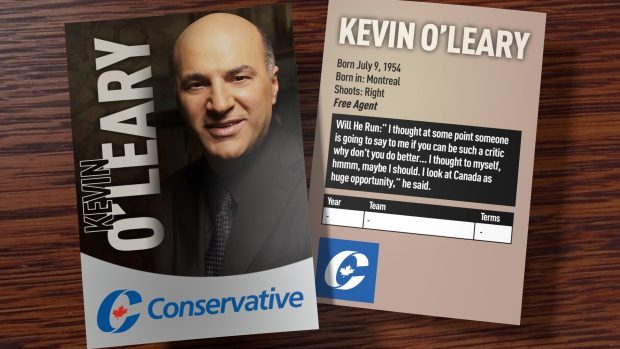Alec Ross, one of America's leading minds in the world of tech policy, recently published a exciting essay in the Wall Street Journal on the sci-fi future of translation technology, a realm progressing at a much faster clip than many realize.
"In 10 years, a small earpiece will whisper what is being said to you in your native language nearly simultaneously as a foreign language is being spoken," he wrote, citing revolutionary advancements in voice biometrics originating from the US and Israeli military.
"You could host a dinner party with eight people at the table speaking eight different languages, and the voice in your ear will always be whispering the one language you want to hear."
This sort of thing is already creeping into homes. Just last month Skype completed its roll out of real-time translation — which generates instantaneous subtitles for friends speaking difference languages to one another — to all Windows users of their video call service.
Such headlines infuse a great deal of wisdom into a recent comment by would-be Tory leader Kevin O'Leary when asked about the presumption that all Canadian party leaders be fluent in French and English.
"Perhaps it was necessary in the past. It isn't now."
The steady march of technology is but the latest force to make mockery of Canada's preposterous bilingualism standards, which serve little function beyond excluding the 80% of Canadians who cannot speak the constitution's "two official languages" from their country's top jobs.
Nevertheless, outrage at O'Leary's unapologetic rejection of this sacred Laurentien shibboleth has come predictably swift from predictable corners. "Kevin O'Leary's French kiss-off makes him unfit for leadership run" huffed columnist Basem Boshra in the Montreal Gazette.
Any politician "who seriously wants to lead this country, an officially bilingual one in which Quebec remains an integral player, needs to at least aspire to that same standard," he declared, echoing what will doubtless prove a common chorus from establishment voices terrified of O'Leary's potential.
Boshra inadvertently undermined his own argument a few sentences earlier, however, when he blithely noted how Stephen Harper's "subpar French made him a frequent target of derision by comedians and satirists in Quebec."
Harper was a self-taught student of languages who learned French (along with Spanish) as a young man because it interested him. In time, he became fluent enough to routinely debate complicated political ideas in what was, by Alberta standards, an exotic foreign tongue, yet over the course of his political career his talents yielded precious little. He consistently lost the Quebec vote by gigantic margins, earning only scorn from the province's chattering class for his efforts.
The Harper study illustrates one of the great open secrets of Canadian politics — French-Canadian voters can be a rather chauvinistic lot, with a suspicion of outsiders that has scant to do with their communication skills.
If we consider recent Canadian elections, one of the clearest variables of whether a federalist political party does well in Quebec is simply whether their leader was from Quebec. Native sons Mulroney, Chretien, Layton, and the two Trudeaus all did vastly better in the province than outsiders like Clark, Turner, Campbell, Ignatieff, Harper, and the various pre-Layton bosses of the NDP — despite all being "fluently bilingual." When O'Leary, an Anglophone Montrealer, brags he "knows how Quebec works" because he's from there, history suggests it may be a compelling pitch.
Not that a Tory leader should particularly care about being popular in Quebec. New York journalists were aghast when Ted Cruz badmouthed "New York values" but Cruz's indifference was sensible. A Republican's path to the White House does not require winning New York's 29 electoral votes just as Stephen Harper's 2011 majority would still have stood even without its five Quebec seats (which actually marked a Conservative decline from the previous election). It is entirely for reasons of patriotic politeness that Tory leaders are expected to have a "Quebec strategy" — Canadian political history, and indeed, simple arithmetic dictates the province is in no way a prerequisite for victory.
In such a context, and as technology sits on the brink of making bilingualism irrelevant as a matter of practicality, it would be the height of absurdity for Conservatives to dismiss the merits of a talented candidate with the capacity to clearly articulate their own concerns on the grounds he lacks fluency in the language of the other side.
Photo from CBC News.
Written by J.J. McCullough






